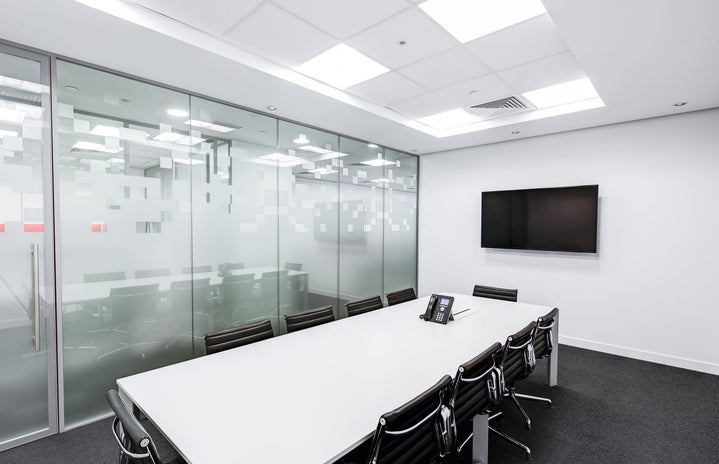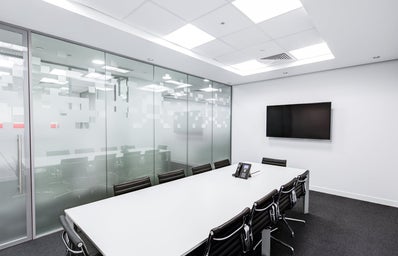Perhaps it should not have been a last-minute decision to apply for a scholarship on my part. When I was invited to do an interview for it, I should have been more strategic about planning for it. I had a feeling when I was deciding what to wear that I probably should choose something professional, but the day of my interview it was raining. Due to this, I managed to convince myself that it was probably not a high-stakes interview like ones that I had been invited to do before. So, I pulled on some jeans, a worn white button-up that I tucked in to give the illusion of professionalism, slipped on a rain jacket, and hoped that I did not stick out among the other interviewees.
When I arrived at my interview location and sat to wait for my turn, it was only a matter of time until the person being interviewed before me walked out. My eyebrows shot up and my eyes widened as I observed the person’s suit jacket, dress pants, and crisp white button-up shirt. I messed up echoed in my head as the person walked out with a quick “Good luck”! directed at me. I could only bring myself to whisper a faint “Thank you” as any confidence I had of getting the scholarship shimmered away. My anxiety was steadily rising as I pondered what impression I was going to give when a woman walked out to get me — she was also dressed professionally in a suit jacket and dress pants. I knew I was going to have to try twice as hard to give off a good impression when I walked into a conference room with more professionally dressed interviewers.
The actual interview passed by in a blur. Shaken from the adrenaline of trying to make sure I did not mess up more, I walked out to see the next interviewee waiting, dressed in a cream sweater vest with a long sleeve shirt and dress pants. I said a quick “Good luck”! to pass on what the interviewee before me had done, and rushed to my next class, convinced that I was not going to be awarded the scholarship.
For the rest of the day, as I reflected on my interview, I remembered that my imposter syndrome as a first-generation college student heightened the pressure I felt when I compared myself to the other interviewees. But there was nothing I could do to change my appearance; therefore, I needed to be forgiving towards myself by taking this experience as a learning curve. This situation brings to light the expectations of professionalism in certain circumstances that some students may not fully be prepared for. While I had an inkling of how I should present myself, there was still a barrier of not having the proper clothes as part of my wardrobe. I am currently an undergrad at UNC-Chapel Hill, and while there are some resources that outline pointers on interviews and how to prepare through the University Career Services, alongside resources on how to dress, some students may still not be aware of these expectations because there are still many other aspects of college to figure out how to navigate.
In my case, the interviewers were able to see past my disheveled experience and saw my effort in presenting myself as someone worthy of the scholarship. I still consider myself lucky as I know this might not always be the case. First impressions and professional appearance are crucial in many interviews. If there is a lesson to take from this experience for first-generation college students, it is that while we might not always feel like we fit in or look the part in certain situations, as students we still have worthy qualifications. Like other candidates, we bring forth our own unique perspectives that might be what someone is looking for.
So, the next time you feel out of place, know that the best thing you can do is be yourself because your drive and intellect can bring positive results without always needing the extra flair.


